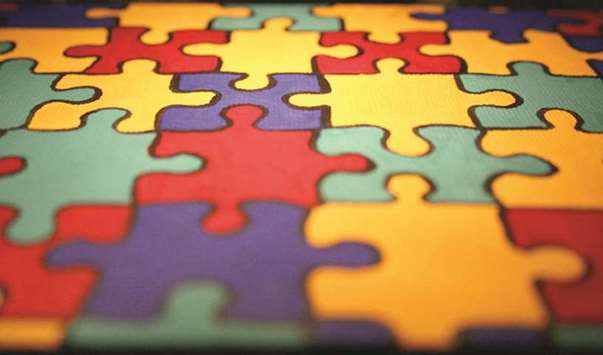An experimental autism drug will be more extensively tested next year by researchers at UC San Diego, where a small clinical trial showed early signs of effectiveness in 2017.
The trial will be conducted at UCSD and UCLA. It will test the drug on 20 boys, who will get three infusions over three months. Each will be paired with a similar boy in a control group who won’t get the drug, for a total of 40 boys.
It’s tentatively expected that boys from 5 to 15 will take part, said Dr Robert Naviaux, the UCSD researcher leading the study. The trial focuses on boys because they are far more prone to develop autism than girls. But girls are to be included in later testing.
The drug is suramin, a century-old medicine for sleeping sickness. In the first trial, five boys given a single infusion of suramin showed noticeable improvement in social interaction and function. That improvement faded over two months, although some skills, such as tying shoelaces and new reading words learned, remained.
Treated boys began achieving new milestones such as actively engaging in new language, social games like tag, trying new foods, and taking on new interests in music, dance, sports and science. Two of the boys who were non-verbal spoke the first sentences of their lives after about 1 week.
Five control boys who weren’t given the drug didn’t show significant improvement.
Naviaux is also leading a separate study that seeks to predict autism risk at birth. Numerous efforts have been under way to find such predictive evidence, because the earlier children at risk are identified, the better the results of therapy.
The study will examine results from routine tests given at birth and will look for biochemical signatures of a metabolic imbalance related to autism, along with family history. A total of 250 families are being sought.– The San Diego Union-Tribune/TNS

TRIAL RESULTS: In the first trial, five boys given a single infusion of suramin showed noticeable improvement in social interaction and function.
